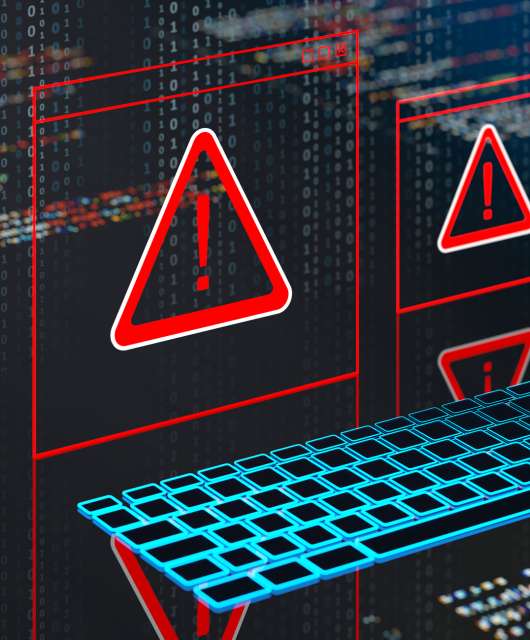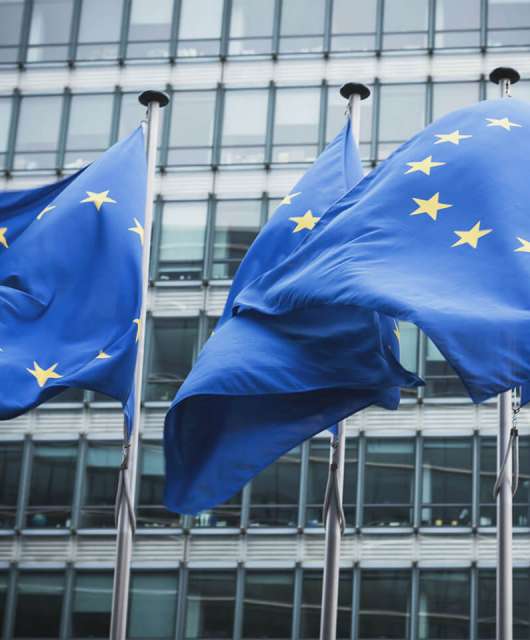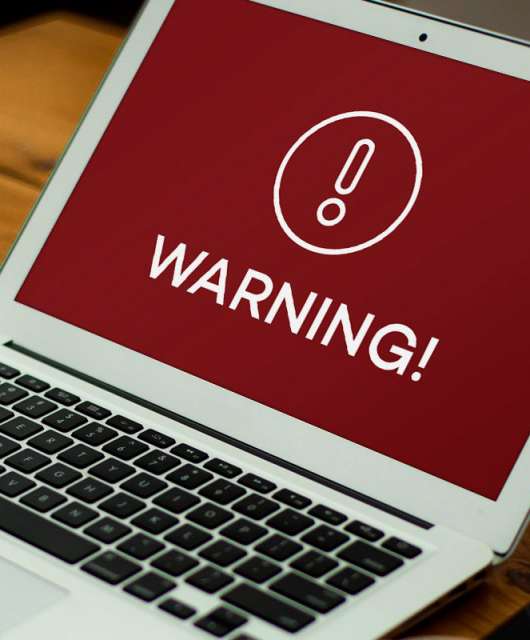What to keep in mind when booking your next trip?
Planning your next trip has never been easier. You just go online, browse around until you find a price that works for you, and book your flights, room, and rent-a-car. Once it is all done, you save all your reservations, and you truly believe you are all set for the next big adventure in your life! You see the money leaving your account, and you simply wait until the vacation starts! It’s all rainbows and butterflies until the moment you go to the airport or a hotel, and want to check in, but you are unable to do so. Then you start realizing that the site with the fantastic rates that you used for your booking is fake and you have been scammed. Sounds like a modern day nightmare!
Unfortunately, this happens more often than we want. Quite often, due to the excitement individuals experience, while they are booking a trip, they sometimes end up on fraudulent websites that make them believe they either scored a top last minute deal or they think that they are lucky enough to win a free Caribbean cruise. Sadly, in most cases, this is not true. It’s not that you are not lucky enough, those things happen because there are armies of hackers always trying to penetrate and exploit the $8 trillion-dollar tourism and travel industry. As PandaLabs reported last year, hotel security is notoriously unreliable. Some of the Trump hotels as well as Santa Rosa’s Sandman Hotel recently became victims of cyber-attacks, and an enormous amount of customer credit card information was confirmed stolen.
Hijacking a hotel: How does it work?
The American Hotel & Lodging Association earlier this year confirmed about 15 million online hotel booking scams occur every year solely in the US. This translates into the mind-blowing amount of $1.3 billion worth of insufficient bookings per year. You don’t have any control over how hotels hold your information, keeping you protected is their job. However, you have ways to avoid fraudulent websites and avoid contributing to the $1.3 trillion pot of bad bookings.
-
Use service provider that you recognize
The best suggestion is to always complete the booking with well-known service providers such as Expedia or Priceline. Even if you go through a deal finder such as Kayak, always make the booking through a brand you recognize. And always make sure the URL you are visiting is green and the website starts with ‘HTTPS’.
-
Avoid booking from hotel’s official website
Very often, hotels allocate more budget for improving the physical condition of the hotel rather than their cyber security. Especially if the hotel you are visiting is not part of a chain but it is a family owned business. If the website is an unsecure page, or if the company is unfamiliar to you, we firmly advise you ensure that is reputable by researching online and if not, get the reservation done through a verified third party website. Very often such sites offer additional perks such as free cancelations, free Wi-Fi and free breakfast.
-
Use antivirus software
Make sure that the device that you use to complete the booking has quality antivirus software installed. Having such piece of mind will not only protect your personal information from malicious software while you are browsing, but it will also notify you in case you end up on a website that do not feel legitimate. Having an extra layer of security pays off, especially if you are new to online bookings.
-
Use credit card
One of the signals that things may not be right is if the website you are visiting wants you to use a debit card, send a check, or make wire transfer. These are an absolute rarity in the 21st century. Even if you are going to an undeveloped country, we recommend you to not go to a hotel that is unable to process a credit card payment. Credit cards often have protection against cyber theft which makes them the best choice of payment.
-
Call the hotel to confirm the reservation
Once your booking has been confirmed call the hotel that you will be visiting and get them to reconfirm the reservation you just made. This will not only allow you to be entirely sure the transaction went smooth, but it is also an opportunity to ask questions and confirm the freebies that come with your reservation such as; free breakfast, free Wi-Fi and free parking, etc.
Although cybersecurity measures in the hospitality sector are particularly exhaustive, “it is advisable to activate all possible security measures on our computers, tablets and mobile phones when we stay in a hotel and when we connect our devices to a wireless network,” warns Hervé Lambert, Retail Global Consumer Operations Manager of Panda Security.
All branches of the tourism and travel industry are under constant pressure of hackers wanting to find and exploit every loophole possible. The hotel industry one is arguably the most vulnerable one. Booking trips is fun when you follow our guidelines, nothing bad will happen if you are cautious and use common sense. Online booking is similar to physical shopping, do not hand over your credit card unless you are 100% satisfied with what you see. Enjoy the rest of the summer!






4 comments
Danke an Panda , für alle Informationen die immer zu rechten Zeit kommen und natürlich alle wichtigen Informationen enthalten, ein sicherer Schutz überhaupt.
Vielen Dank für das Lesen! Wir freuen uns zu wissen, dass Sie unseren Inhalt hilfreich finden.
Freundliche Grüße,
Panda Security.
So I guess that Expedia & Priceline gave you a big chunk as a thank you for this article which I cal BS. Those 2 are just as much a threat to having been hijacked as Trump Hotels or any major brand chain.
Telling people NOT to use a direct hotels site & just one of the 2 companies above is asinine.
What you SHOULD tell people are the general security basics of shopping while on line. It is not just the hotel industry which puts people at risk.
As an independent bed and breakfast owner, this type of article can do my business much harm.
Hello Tammy Jo,
Thanks for your message, we do not have any agreements with holiday planner sites, we only give cybersecurity tips about booking online. If you site is secured and reputable online, your users should not worry.
Best regards,
Panda Security.